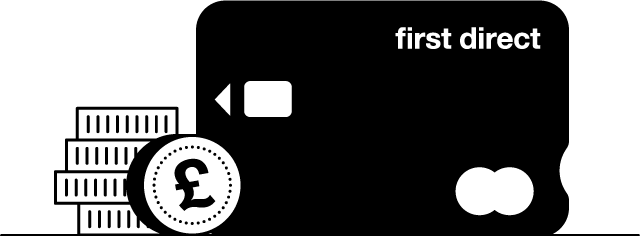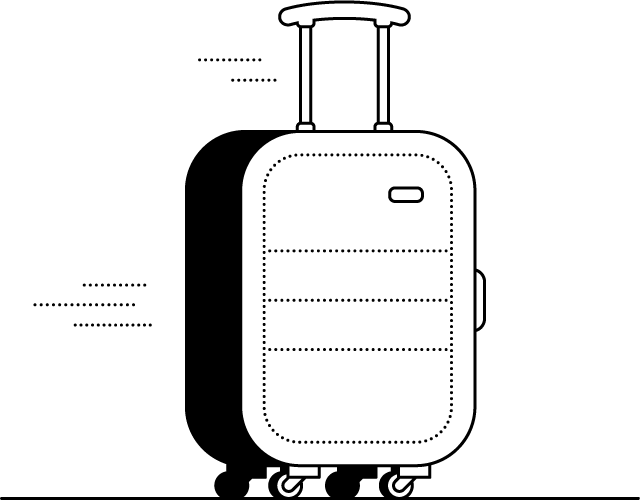Not necessarily. When you use a credit or debit card abroad, some banks charge separate transaction fees which usually have 1 or 2 parts:
- the first and most common is a ‘non-sterling transaction fee’ which is normally around 3% and covers the cost of the currency conversion (if you choose to pay in pounds, you won't normally pay this)
- the other is a standalone fixed fee of around £1.50 (or a percentage of the amount you’re paying which might have a minimum fee) whether you choose to pay in pounds or local currency.
These can add up quickly, especially if you're using your card for a lot of small purchases like drinks and snacks so it’s worth keeping an eye out for them.


